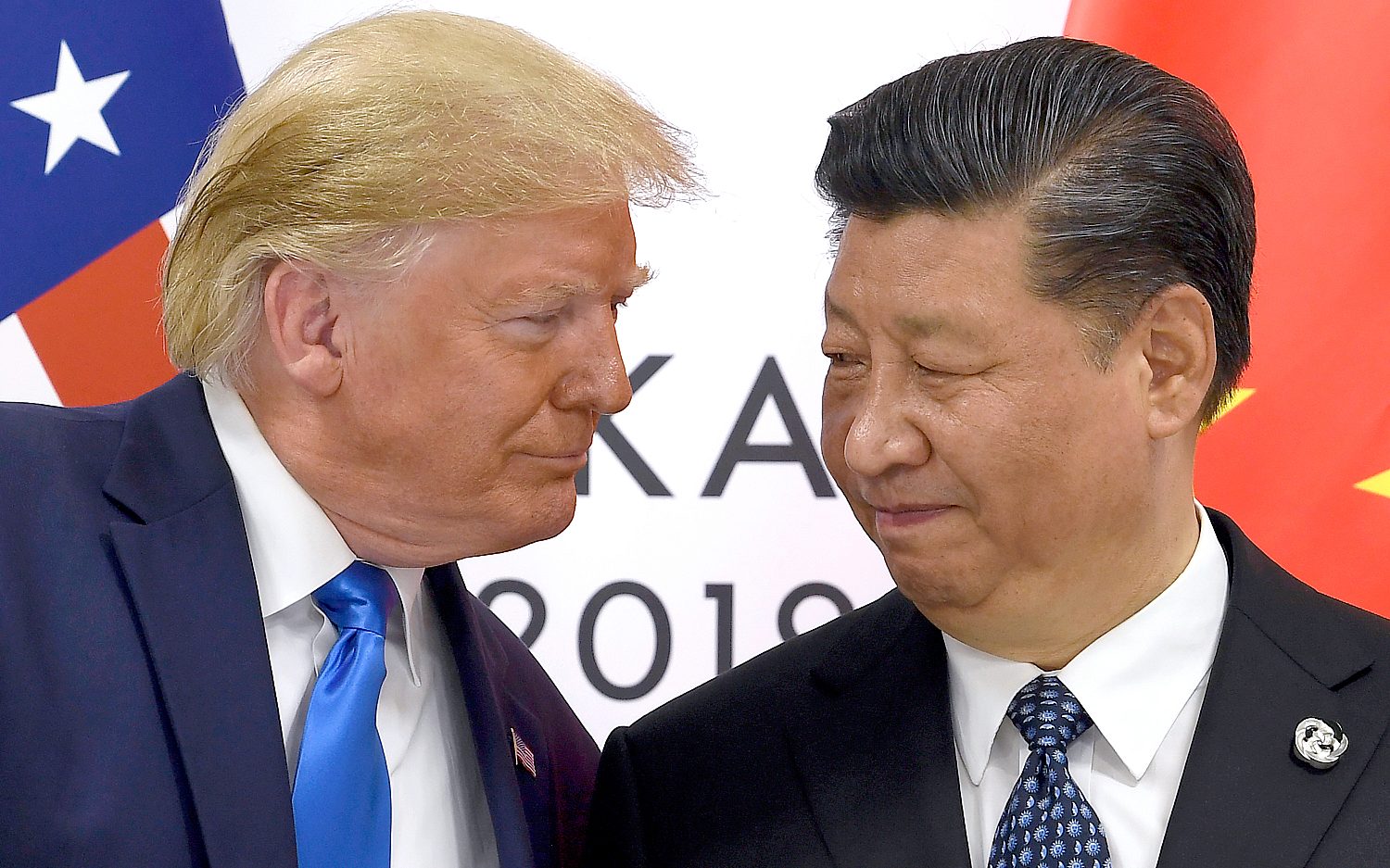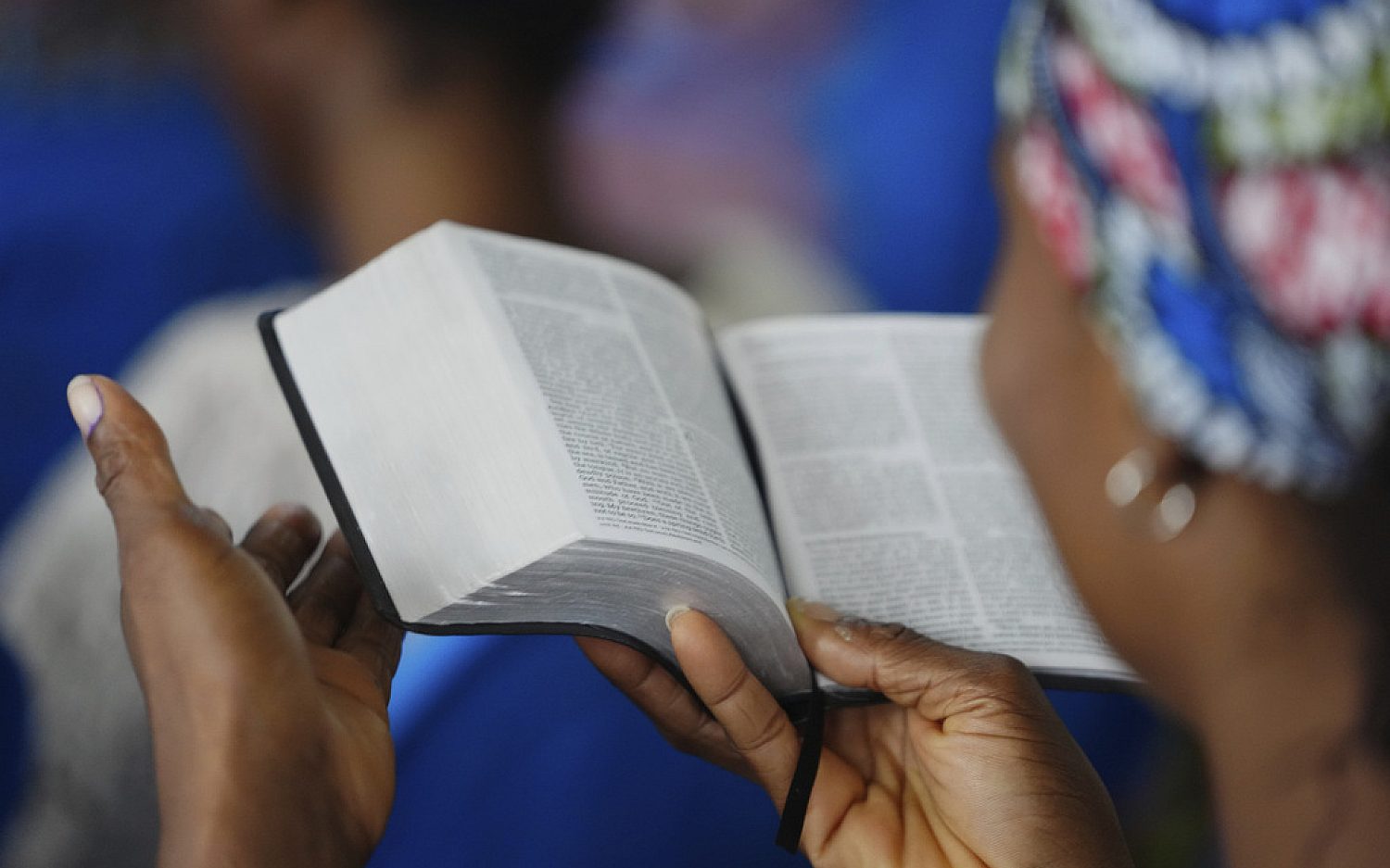Congress passes first bill devoted to fighting Boko Haram
The proposal details a five-year plan including military and humanitarian aid
The United States House of Representatives today unanimously approved a bipartisan bill to help counter Boko Haram’s insurgency in northeast Nigeria and other affected African countries. The bill is awaiting the president’s signature to become a law.
The legislation, sponsored by Rep. Frederica Wilson, D-Fla., and Sen. Susan Collins, R-Maine, passed in the Senate in September 2015. The pending bill would require the U.S. secretaries of state and defense to develop a five-year strategy to combat the Islamic terror group. The strategy would involve offering assistance to the Nigerian government and the regional joint task force fighting the group, as well as responding to the growing humanitarian crisis in the region.
The bipartisan approval of the bill shows Congress’ commitment to pursuing and ending Boko Haram’s terror, Collins said.
“I urge the president to immediately sign this bill into law and send an international signal that we will never forget the girls of Nigeria who were targeted simply because they chose to pursue an education,” Collins said.
Boko Haram has existed since 2002, but the extremist group’s insurgency fully began in 2011 when it started staging mass attacks on civilians, police buildings, and even the United Nations building in Abuja, Nigeria’s capital. The extremist group has killed more than 20,000 people and displaced more than 2 million others in Nigeria and neighboring countries. U.S. Secretary of State John Kerry in 2013 designated Boko Haram a foreign terrorist organization after his predecessor, Hillary Clinton, failed to do so two years earlier. The delayed designation hindered chances of military surveillance or financial tracking that could have stemmed the group’s growth.
Boko Haram’s mass abduction of more than 270 schoolgirls from the northeastern town of Chibok in 2014 drew international attention to the crisis. By May 2015, Nigeria and its neighbors Chad, Niger, Cameroon, and Benin set up an 8,700-member, multinational task force to combat the terror group. But the insurgency continues. IBM Intelligence, a security analysis group, said Boko Haram has killed more than 240 civilians in Nigeria’s Northeast this year, though many attacks go unreported. Last week, the UN said nearly 7 million people in the region are in need of basic services.
“If the world does not act and come to Nigeria’s aid, the trickledown effect on the rest of the continent and other parts of the world could cause a level of damage that will take years to repair,” Wilson said. “More important, it is simply the right thing to do.”
An actual newsletter worth subscribing to instead of just a collection of links. —Adam
Sign up to receive The Sift email newsletter each weekday morning for the latest headlines from WORLD’s breaking news team.





Please wait while we load the latest comments...
Comments
Please register, subscribe, or log in to comment on this article.